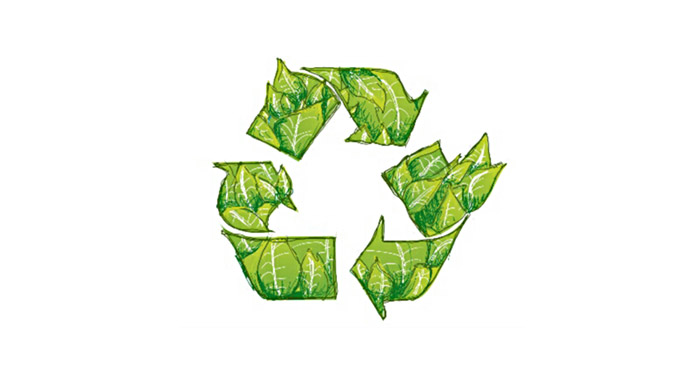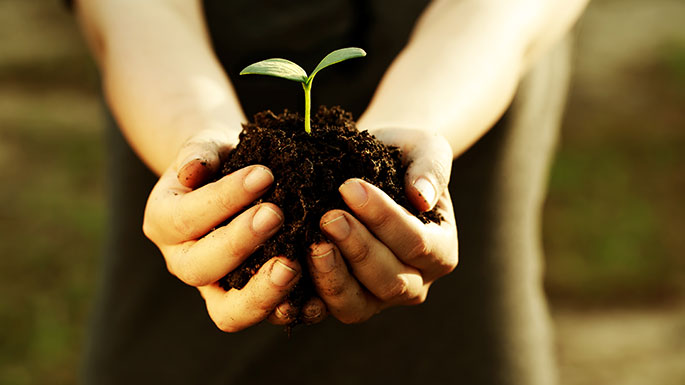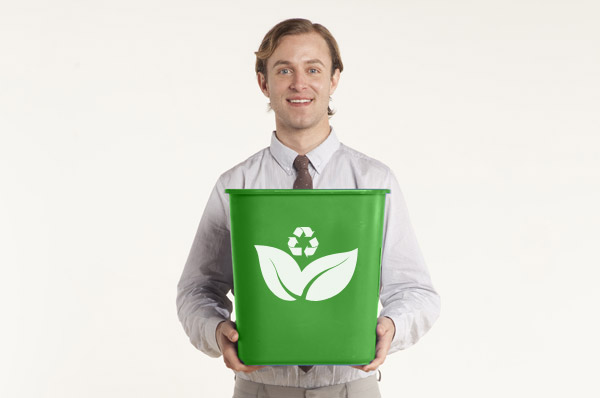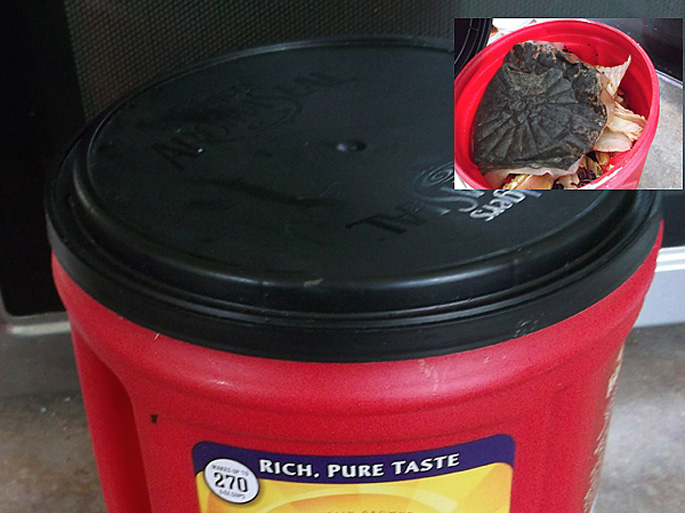
Most people know about recycling materials such as aluminum cans, cardboard, and certain kinds of plastic. Recycling organic waste, though, is relatively new in the United States but is gaining in popularity. Learn about the benefits and advantages of recycling organic waste below!
The idea is that households and businesses can separate organic waste such as grass clippings, dead leaves, food scraps, and even paper products such as paper towels and napkins. The city or some other recycling authority picks up the organic waste, takes it to a centralized facility, and turns it into compost. The compost is then sold to a variety of customers.
As the state of Pennsylvania discovered, thanks to a 2003 study, roughly 40 percent of the volume of landfills comes from organics. Even though organic waste degrades, it still takes time. In the meantime, landfills keep getting clogged. The process of composting organic waste before it gets to the landfill reduces the burden on what is increasingly becoming limited space for trash disposal. Also, diverting organics away from landfills helps reduce methane emissions.
Organic recycling for compost creates a useful product, something that gardeners, farmers, and landscapers will be able to use in order to grow things. Organic compost provides an alternative to chemical fertilizers, thus, in the view of many, providing a benefit to the environment. With the growing popularity of organically-grown food, turning organic waste into compost would seem to be a win/win for everyone concerned.
Recycling organic waste may seem somewhat strange to many people. It is, after all, biodegradable and does not last many lifetimes, such as plastic. But, the advantages and benefits of recycling organic waste is clear.




































































































































 Why is composting better than recycling?
Why is composting better than recycling?  How To Compost At Work
How To Compost At Work  An easy guide to making an upcycled composter
An easy guide to making an upcycled composter 
